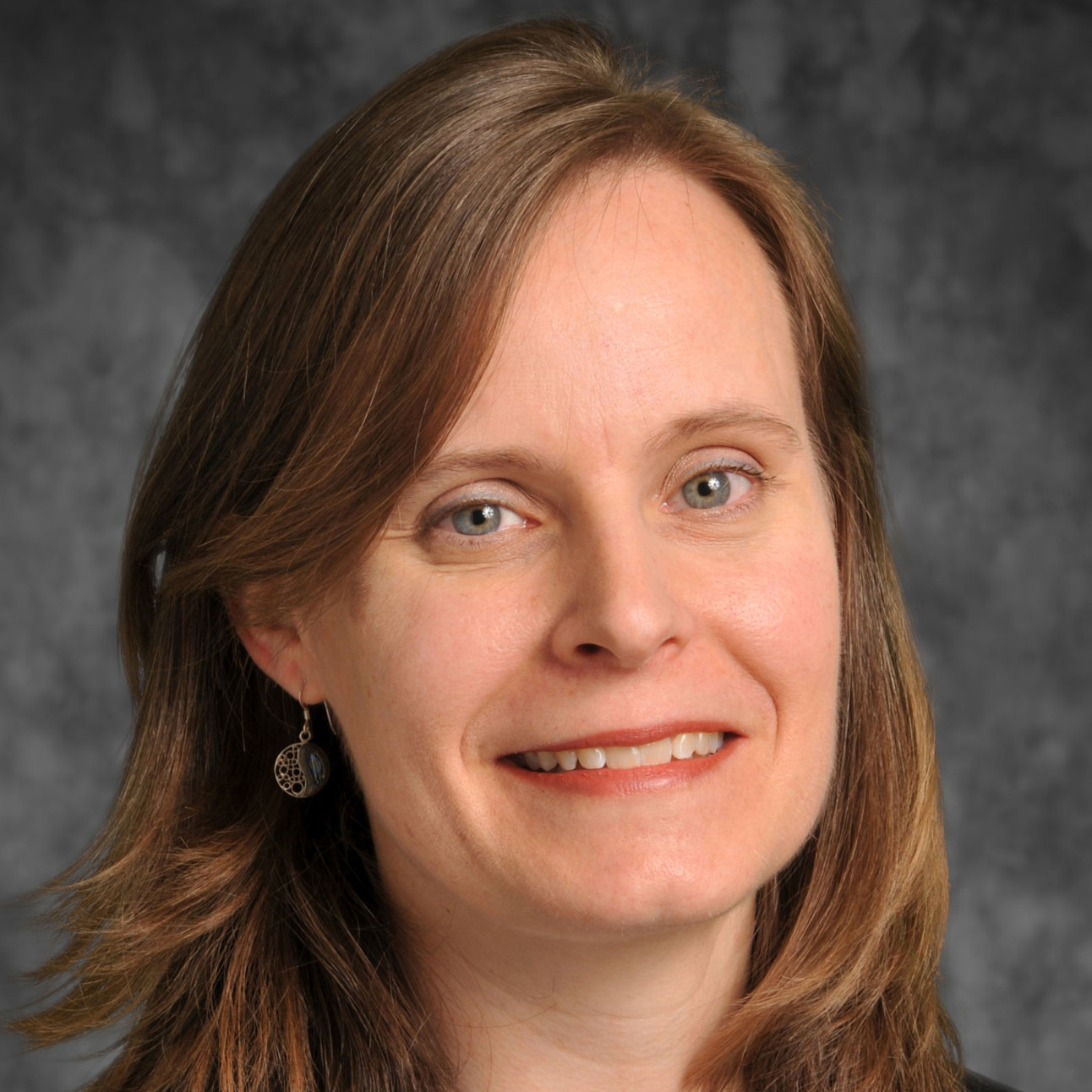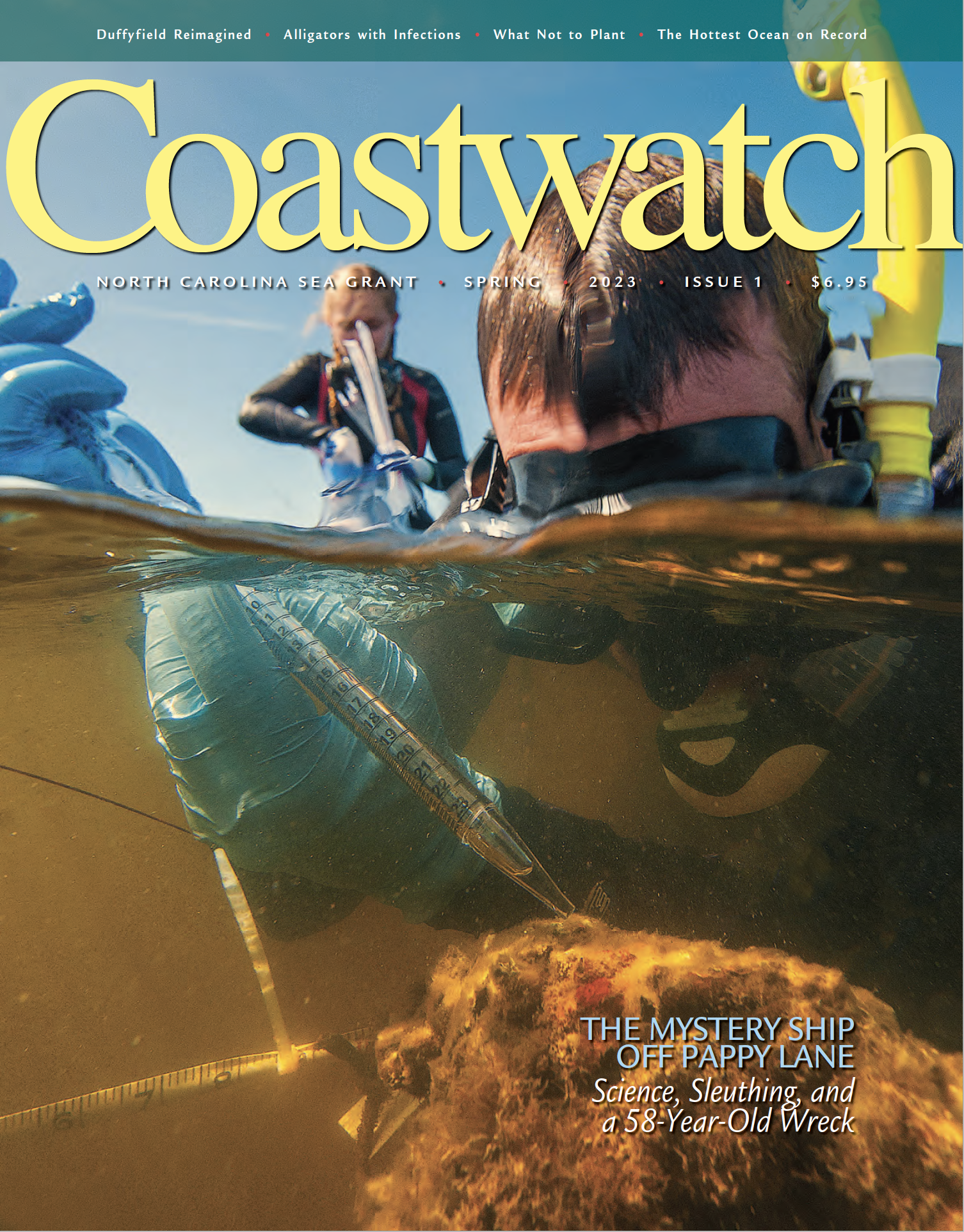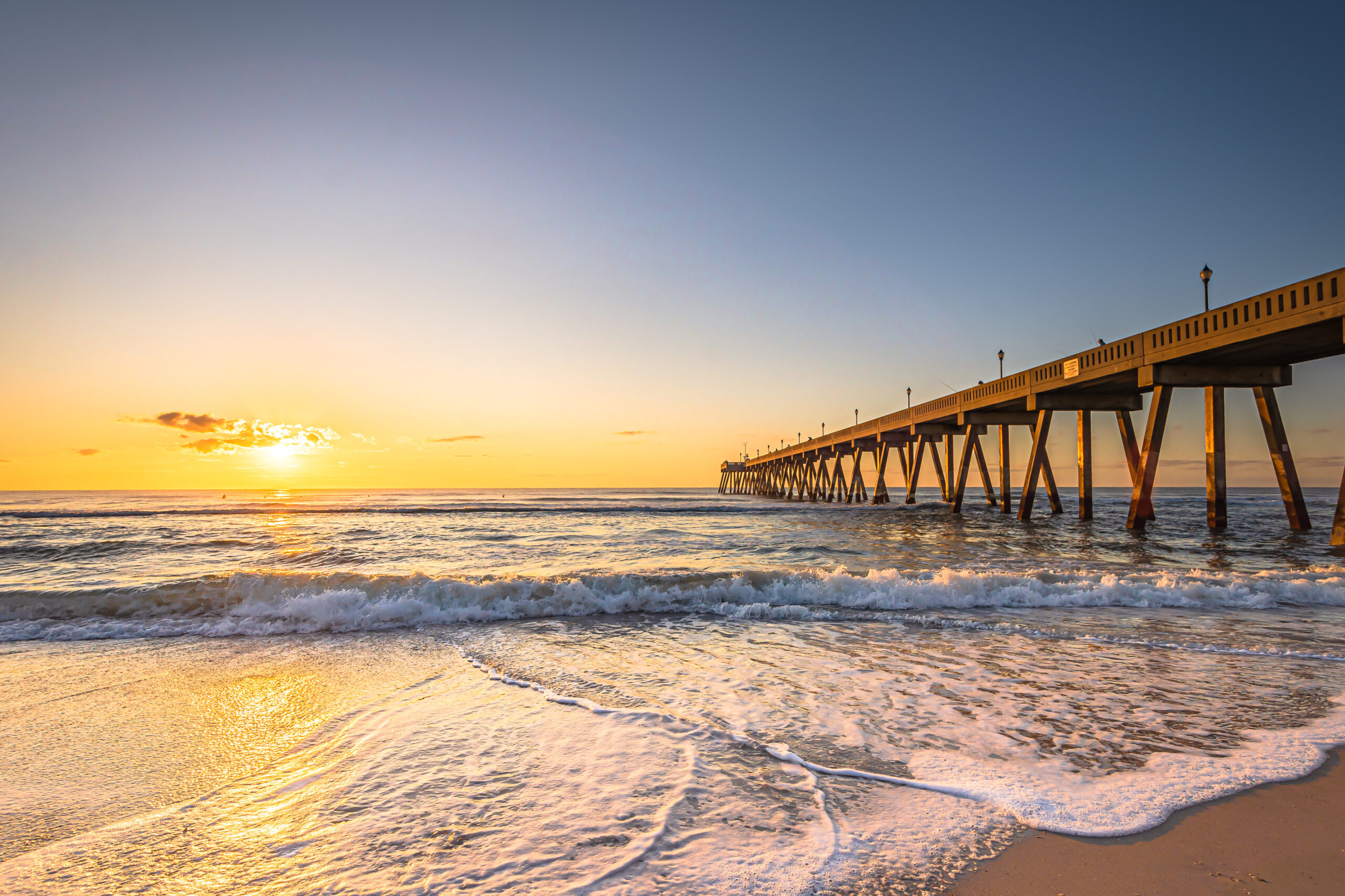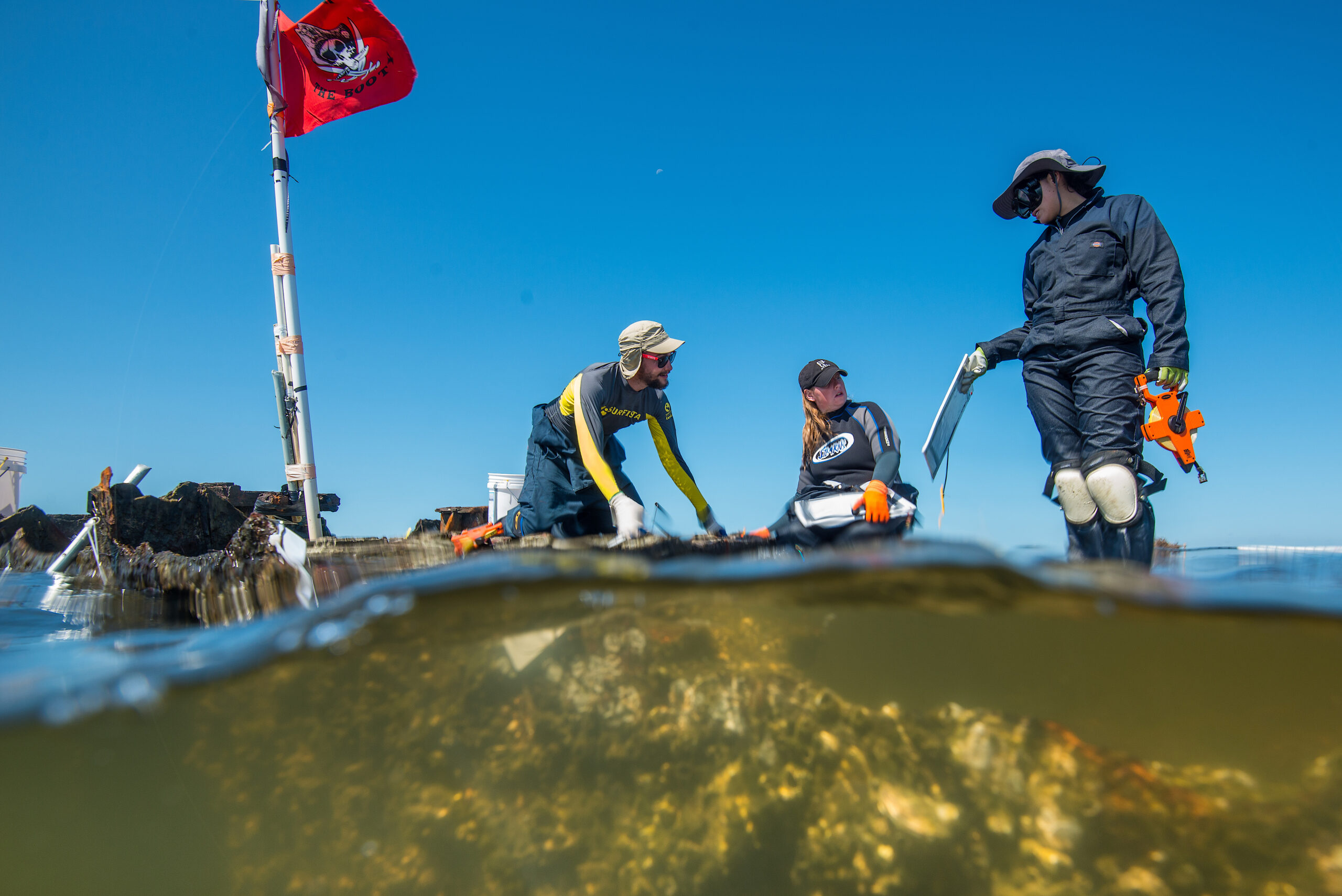Spring has sprung!
Spring is always a busy research season for North Carolina Sea Grant, with our team, faculty, and students across the state, as well as our coastal communities, working collaboratively to address coastal and watershed challenges and opportunities.

I am so pleased that our NC STEM Policy Post-Graduate Fellowship program continues to grow — both with a new host office for fellows and with a new three-year commitment of support from Burroughs Wellcome Fund.
Sea Grant and Burroughs Wellcome Fund are both committed to workforce development and retaining post-graduate excellence within our state, and this fellowship program is a strong investment to support that collective goal. These policy fellowships provide graduate students from North Carolina colleges and universities with opportunities to serve full-time for a year in high-level state government offices, focusing on topics related to science, technology, engineering, and mathematics.
Now in its third year, our returning host offices for fellows may include the NC Department of Environmental Quality’s State Energy Office, the NC Biotechnology Center, the NC Department of Public Safety’s Office of Recovery and Resiliency, the NC Department of Transportation’s Chief Operating Office, and the NC Department of Commerce’s Office of Science, Technology, and Innovation. We also are excited to welcome the NC Department of Commerce’s Clean Energy Economic Development Office as a new host.
The deadline for proposals for this year’s NC STEM Policy Post-Graduate Fellowships coincides closely with this issue of Coastwatch’s release date, but this is an annual opportunity. You can read more here.
In addition, our commitment to student research and training is running at full steam. In this issue of Coastwatch, you can read about the new class of Sea Grant’s Knauss Fellows and our Community Engaged Internships for undergraduates in Coastal Currents. Students from NC State University and the University of North Carolina at Chapel Hill also helped drive an innovative Sea Grant project in the Duffyfield neighborhood in New Bern, which Coastwatch contributing editor Lauren D. Pharr chronicles.

These stories represent only a small handful of the many ways that North Carolina Sea Grant supports the next generation of researchers and policymakers. Our funding opportunities for students are available here.
Soon, we will announce this year’s Community Collaborative Research Grants, a program that relies on close partnerships with the Kenan Institute for Engineering, Technology and Science and the NC Water Resources Research Institute. These grants require research approaches that couple local knowledge with scientific expertise. This type of collaborative research has a proven track record for developing new tools and real-world solutions in resource management.
North Carolina Sea Grant’s Coastal Landscapes Initiative relies on such partnerships — collaborative research and outreach efforts among researchers and community members. Plant This Instead! is the CLI’s new eco-friendly guide to attractive landscaping, and you can sample it here. It’s planting season, after all.
Lastly, Springtime means new beginnings, and I want to welcome two communicators to our team and to our sister programs, the NC Water Resources Institute and NC Space Grant. Annie Grant serves in a joint role with Sea Grant and WRRI; Sascha Medina has joined Space Grant. They both have provided valuable contributions already.
As you ponder this Spring’s new possibilities, please feel free to contact me directly with your ideas at snwhite3@ncsu.edu.
— Susan White, Executive Director, North Carolina Sea Grant
lead photo credit: Joe Prusa, NC Division of Parks and Recreation.
- Categories:



